Category: News
-

Italy’s Marche recognizes Armenian Genocide
(panarmenian.net) The regional council of Marche, Italy, has unanimously approved a measure to recognize the Armenian Genocide, Tert.am reports. In a resolution adopted on Tuesday, October 6, Marche expressed solidarity with the Armenian people on the tragedy’s centennial. Council members Boris Rapa (Uniti per le Marche), Moreno Pieroni (Uniti per le Marche), Gianluca Busilacchi (Partito…
-
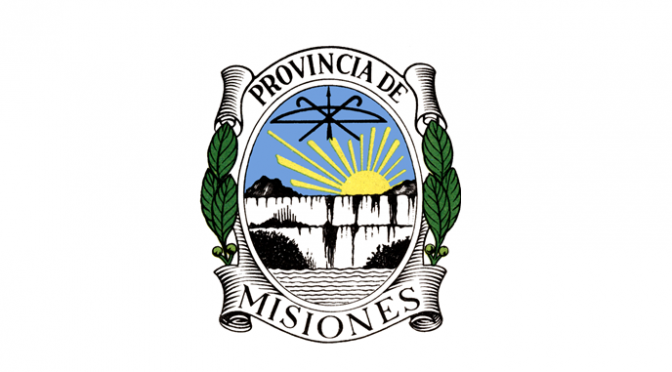
Misiones Province Officially Recognizes the Armenian Genocide
(Prensa Armenia) The House of Representatives of the province of Misiones, Argentina, approved a law that adheres to the National Law 26,199, which establishes every April 24 as the “Day of Action for Tolerance and Respect between Peoples” in commemoration of the genocide against the Armenian people. Law VI-186 was enacted on September 3 in…
-
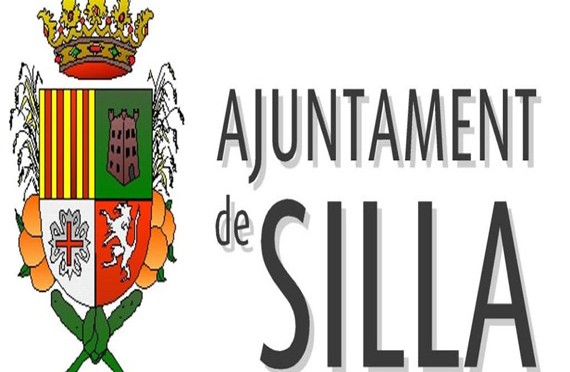
Spanish town of Silla officially recognizes Genocide
(armeniangenocide100.org) On September 29, the Spanish town of Silla, Valencia province officially recognized the Armenian Genocide during a City Council session, the Armenian Foreign Ministry reported. The resolution was presented by Left Union spokesperson Valentin Mateo who briefly introduced the incentives and consequences of the first Genocide of the 20th century and stressed the need…
-
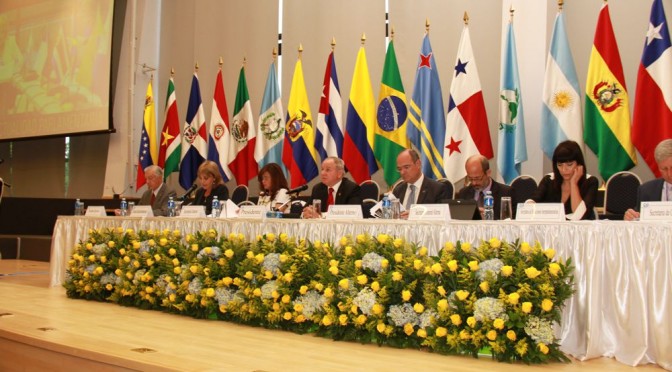
Latin American Parliament Recognizes Armenian Genocide
(PRENSA ARMENIA) The Latin American Parliament (Parlatino) approved on Friday June 31 a resolution recognizing the Armenian Genocide. The Panama-based body that was created in 1964 with the Declaration of Lima, and is composed by the National Congresses and Legislative Assemblies of all Iberoamerica. This new recognition of the crime against humanity perpetrated by the…
-
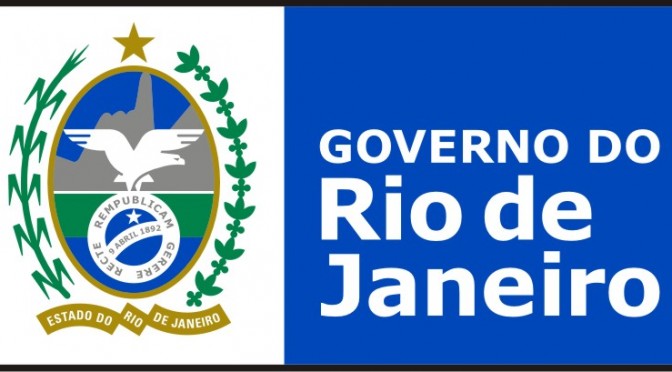
The State of Rio de Janeiro recognizes the Armenian Genocide
(prensaarmenia.com.ar) The State of Rio de Janeiro recognized the Armenian Genocide on Friday, July 24 through a law that establishes all April 24 as “Day of recognition and memory of the victims of the Armenian Genocide”. The law was enacted by the governor of Rio de Janeiro, Luiz Fernando Pezão. Rio de Janeiro is the…
-
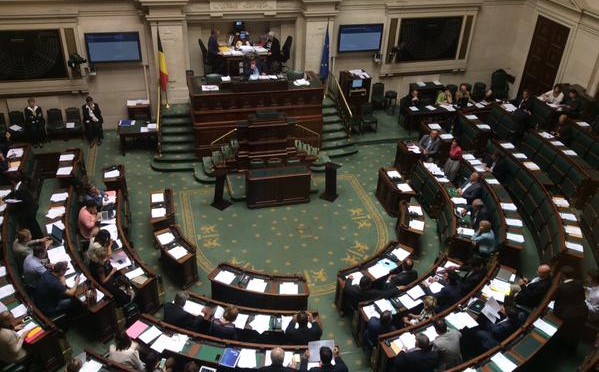
Belgian Chamber of Deputies Recognises the Armenian Genocide
(EAFJD) Brussels, 23 July, 2015: Today, the deputies at the plenary session of the Chamber of Deputies of Belgium with an overwhelming majority voted for the resolution recognising the Armenian Genocide. After yesterday’s passionate debate in the plenary session, where all party representatives in their speeches condemned the Genocide perpetrated by Ottoman Turkey and stressed…
-
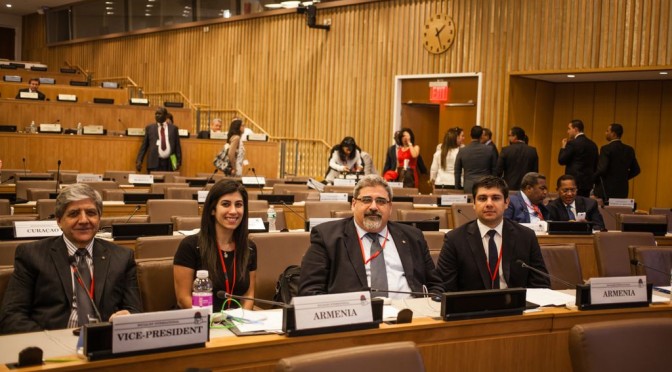
The Socialist International to take action regarding the Armenian Genocide
On Tuesday, July 6, 2015, the Socialist International Council, meeting in the United Nations headquarters in New York, decided to take action regarding the issue of the Armenian Genocide. SI Secretary General Luis Ayala informed the Council, that for the last two days the SI leadership has been consulting with the SI member parties from…
-
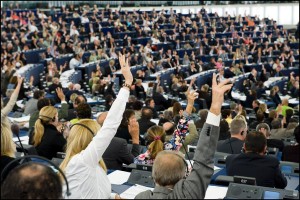
European Parliament report calls on Turkey to recognize Armenian Genocide
(EAFJD) Brussels, 10 June 2015: Plenary session of the European Parliament in Strasbourg (France) adopted the 2014 Turkey progress report early today. The report in general records a negative review on Human Rights situation in Turkey, freedom of expression, decline in democracy, worries on minority rights, aggressive attitude against Greece, and refusal over the existence…
-
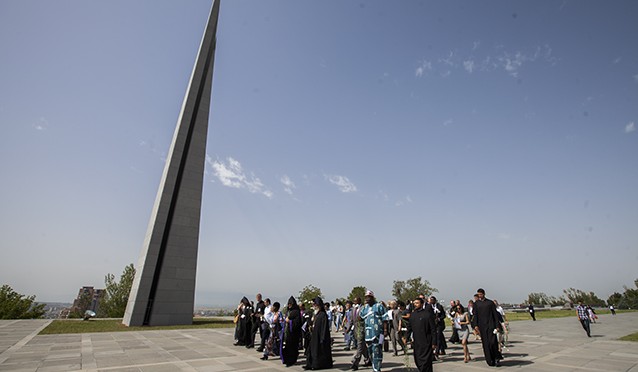
Statement on the centenary of the Armenian genocide
World Council of Churches EXECUTIVE COMMITTEE Etchmiadzin, Armenia 8-13 June 2015 Doc. No. 27 rev (oikoumene.org) During the centenary year of the Armenian genocide by the Ottoman Empire, the executive committee of the World Council of Churches (WCC) is meeting in this country on 8-13 June 2015, hosted by the Mother See of Holy Etchmiadzin,…
-
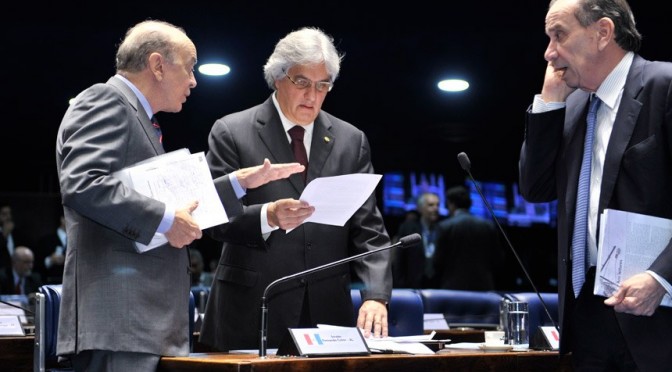
Federal Senate of Brazil Recognizes the Armenian Genocide
(prensaarmenia.com.ar) The Federal Senate of Brazil approved on June 2 a resolution recognizing the Armenian Genocide. The Resolution No. 550/2015 was introduced by Senators Aloizio Nunes Fereira Filio and Jose Serra. The resolution expresses its “solidarity with the Armenian people during the course of the centenary of the campaign of extermination of its population” and…